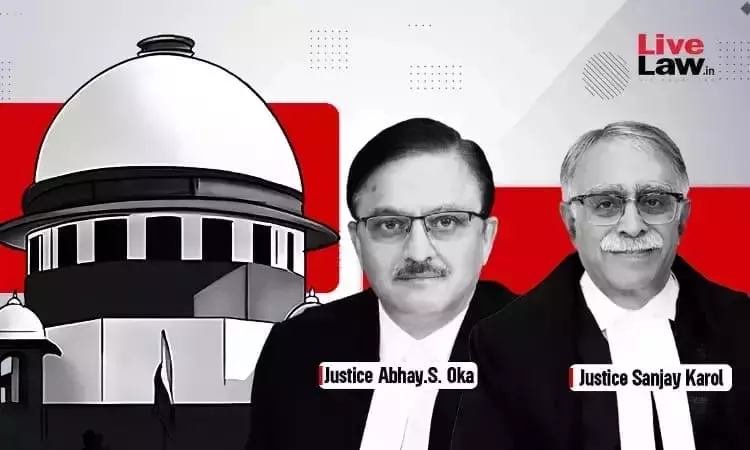Principles On Admissibility Of Secondary Evidence : Supreme Court Explains
Sheryl Sebastian
29 Nov 2023 9:37 PM IST

Next Story
29 Nov 2023 9:37 PM IST
The Supreme Court on Tuesday (29.11.2023) explained the principles relevant for examining the admissibility of secondary evidence under the Indian Evidence Act, 1872. The Court also reiterated that "if a document that is required to be stamped is not sufficiently stamped, then the position of law is well settled that a copy of such document as secondary evidence cannot be adduced."A bench...
